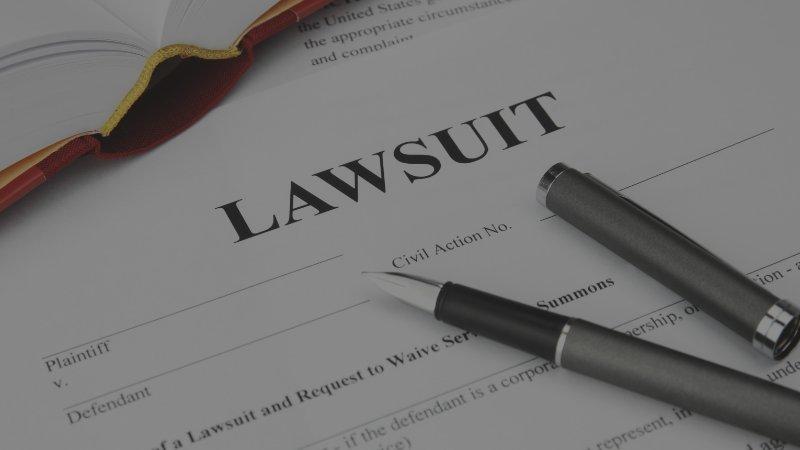Yes, the short answer is that you can file a lawsuit for a brain injury even if the symptoms do not immediately appear. In fact, many traumatic brain injuries fail to present symptoms for days or weeks following an accident.
However, protecting your legal right to a brain injury claim requires taking action and being aware of your health at all times. Read the following to find out more and seek legal advice with any specific questions regarding your claim.
There are Deadlines to File Brain Injury Claims in Colorado
There are deadlines to file personal injury claims in Colorado. These are called statutes of limitations.
Victims of traumatic brain injuries must file their claims within any applicable statutes of limitations. Otherwise, they will be barred from financial recovery for any accident-related losses including medical expenses.
For most Colorado personal injury claims, there is a two-year statute of limitations. Car accidents have a three-year statute of limitations.
If your loved one passed due to a traumatic brain injury, there is a two-year deadline to file a wrongful death claim.
There are shorter deadlines and special rules for claims involving governmental entities in Colorado. Always have your claim reviewed by an experienced brain injury attorney to determine what statute of limitations governs your situation.
What is a Traumatic Brain Injury?
A traumatic brain injury is any injury that causes the brain to collide with the skull. The victim does not need to hit their head for this to occur and no foreign object needs to penetrate the skull.
A slip and fall in Denver that jars the body can cause a traumatic brain injury as can the resultant force from a car accident.
What are the Signs of a Traumatic Brain Injury?
Victims of traumatic brain injuries can experience a variety of symptoms. Some of the most common include:
- Headaches;
- Dizziness;
- Confusion;
- Fatigue;
- Trouble sleeping;
- Ringing in the ears;
- Slurred speech;
- Changes in smell and taste;
- Vision or hearing changes;
- Mood swings; and
- Trouble concentrating or thinking.
The symptoms of traumatic brain injury may not present until the brain begins its healing process days or weeks after the accident.
What To Do If You Suspect a Traumatic Brain Injury
To protect a potential traumatic brain injury claim, seek medical care immediately following any serious accident. Even if you think you are not hurt, you may have an injury that you cannot see.
Brain injuries need to be diagnosed by medical professionals and can require advanced scanning equipment to detect. The sooner a brain injury is found, the faster it can be treated, increasing the chances for a positive outcome.
If there are any changes in your medical condition following an accident, go to your doctor right away. You may have an undetected traumatic brain injury.
Your medical records will play a vital role in recovering fair compensation for any accident-related losses. Failing to seek immediate treatment at any point in your care can hurt your claim for damages.
Contact an Experienced Colorado Traumatic Brain Injury Attorney Today
If you suffered a brain injury through no fault of your own, speak with an experienced Colorado attorney at Dulin McQuinn Young today. Our Denver brain injury attorneys fight for victims of car accidents, medical malpractice, wrongful death, and corporations across Colorado.
Dulin McQuinn Young has a proven track record of success and decades of experience holding wrongdoers accountable for the harm they cause. Contact us now to learn more about the brain injury claims process and how we can help you.
